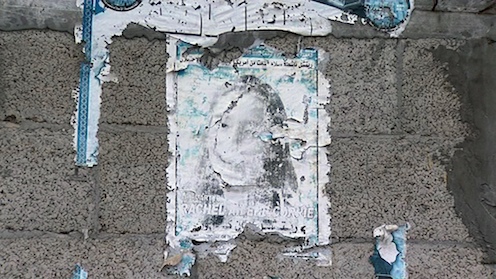Rachel

Full Description
In a now-infamous incident in 2003, Rachel Corrie, a 22-year-old peace activist from the Pacific Northwest, attempted to stop a bulldozer operated by the Israeli military from demolishing homes and other buildings in Gaza. Corrie was struck and killed in what some witnesses claimed was a deliberate action, but what an Israeli inquiry ruled was a tragic accident. Simone Bitton (Wall, SFJFF 2005), a veteran documentary filmmaker who is a citizen of both France and Israel, has crafted a dispassionate but devastating essay investigating the circumstances of Rachel Corrie’s death—including astounding eyewitness testimony from activists, soldiers, army spokespersons and physicians, as well as insights from Corrie’s parents, mentors and diaries. In assembling a thorough and candid account of the event, using both visual and narrative evidence, Bitton’s quietly persistent questioning manages to accomplish what the inadequate legal proceedings and the overheated press coverage did not: an unflinching examination that refuses to exculpate or equivocate. But Bitton’s nonfiction essay is hardly a bloodless tract—in fact, even as it raises troubling questions about the Israeli military’s candor, it also manages to paint a complex portrait of a young, perhaps naive, idealist and the high price some pay in the name of committed activism.
Filmmaker Bio(s)
Simone Bitton was born in Morocco in 1955. She is both an Israeli and a French citizen and also considers herself as a Moroccan national and an Arab Jew. She graduated from the French Institut des Hautes Etudes Cinematographiques (IDHEC) in 1981 and directed more than 15 documentary films. Her work varies in style from historical inquiries to first-hand reportages and intimate portraits of cutting-edge authors, artists, and political figures. All of her films attest to her deep personal and professional commitment to better representing the complex histories and cultures of the Middle East and North Africa.
Several of her works have been broadcast simultaneously on European, Arab, and Israeli television and engendered passionate debate on all sides of the Mid-East conflict. WALL is her first feature film produced for the cinema.
Director(s)
Country(ies)
Language(s)
Release Year
Festival Year(s)
Running Time
100
Writer(s)
Cinematographer(s)
Editor(s)

